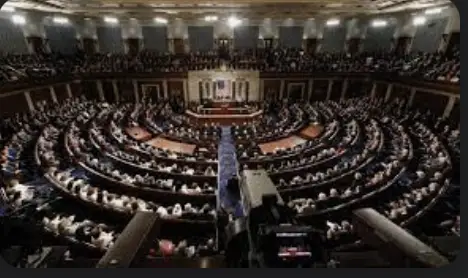1. The Congress is made up of two chambers: the House of Representatives and the Senate. Each chamber has different roles and responsibilities, which are outlined in the U.S. Constitution.
2. Members of Congress are elected by the citizens of their home state or district every two years, meaning that they must be re-elected regularly to stay in office.
3. The main job of Congress is to pass laws that will govern the United States and its people. This includes taxes, tariffs, spending bills, immigration reform, health care legislation, and many other issues that affect Americans’ daily lives.
4. Congress also oversees executive branch activities through confirmation hearings for high-level positions such as Cabinet secretaries, ambassadors, and Supreme Court justices. They also serve as checks on the power of the president by voting to impeach him or her if they commit a crime related to their job.
5. The Congress is divided into standing committees that have jurisdiction over specific areas such as foreign affairs, defense, and budgeting. Each committee has members from both chambers who work together to review proposed bills and form them into cohesive pieces of legislation that can be voted on in each chamber.
6. In addition to passing laws, Congress also serves an important role in the oversight of executive branch programs and policies. Through the House Oversight Committee and Senate Homeland Security Committee, Congress can investigate potential abuses of power by the President or other officials within the executive branch.
7. The Congress also holds hearings and can subpoena witnesses to testify before them on a variety of issues including election interference, foreign policy, economic policy, and more. These hearings serve as an important part of the legislative process and help keep our government accountable.
By understanding these seven things about Congress, citizens can be better informed when they vote in elections or follow the developments of current legislation. This knowledge can help to ensure that our elected officials are acting in the best interest of their constituents and all Americans. Knowing how Congress works will enable us to hold our representatives accountable for their actions and ensure that our democracy remains strong for generations to come.


